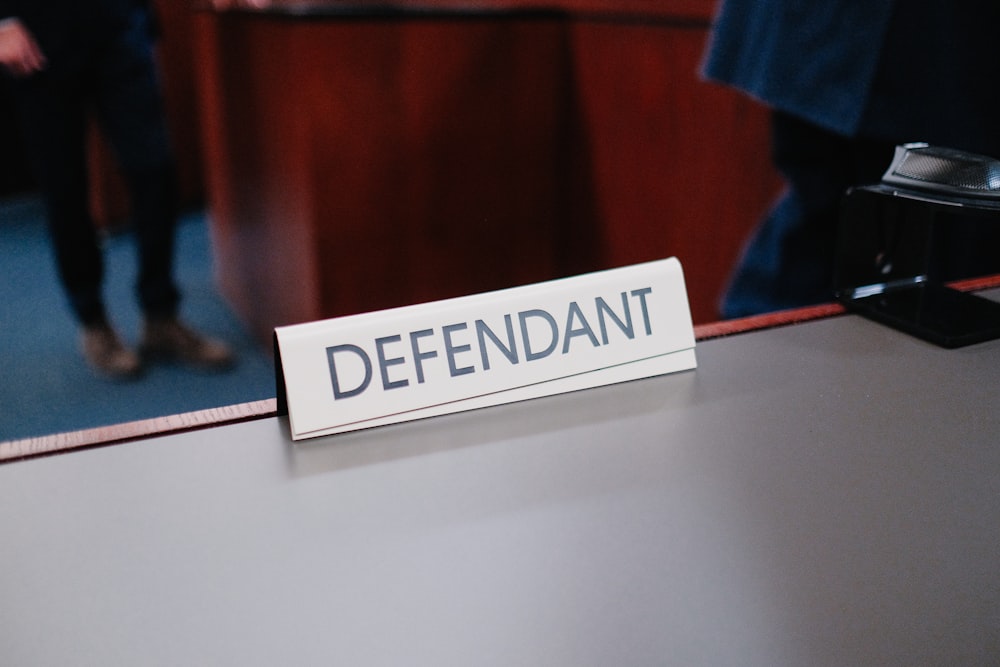
Understanding Yaz Lawsuit Legal Implications Unveiled
Introduction
The Yaz lawsuit has garnered significant attention in recent years, with plaintiffs alleging serious health complications resulting from the use of this contraceptive medication. In this article, we’ll delve into the legal implications of the Yaz lawsuit, shedding light on the complexities of the litigation and its implications for both plaintiffs and defendants.
The Background of Yaz
Yaz, also known as Yasmin or Ocella, is a popular birth control pill that has been on the market for several decades. Marketed as a more modern and convenient alternative to traditional birth control pills, Yaz gained widespread popularity among women seeking contraception. However, concerns soon arose regarding the safety of Yaz, particularly in relation to its potential to cause serious side effects such as blood clots, strokes, and heart attacks.
Allegations Against Bayer
The Yaz lawsuit centers around allegations that Bayer, the pharmaceutical company that manufactures Yaz, failed to adequately warn consumers about the risks associated with the medication. Plaintiffs claim that Bayer knew or should have known about the potential dangers of Yaz but failed to disclose this information to the public or healthcare providers. As a result, thousands of women have suffered severe and sometimes life-threatening complications after taking Yaz.
Legal Claims and Theories
Plaintiffs in the Yaz lawsuit assert a variety of legal claims and theories, including negligence, strict liability, failure to warn, and breach of warranty. They argue that Bayer had a duty to provide accurate and complete information about the risks of Yaz and that the company’s failure to do so constitutes a breach of that duty. Additionally, plaintiffs claim that Bayer engaged in deceptive marketing practices that minimized the risks of Yaz and overstated its benefits.
Class Action Certification
In some cases, the Yaz lawsuit has been certified as a class action, allowing multiple plaintiffs to join together in a single lawsuit against Bayer. Class action certification streamlines the legal process and allows plaintiffs to share resources and information. However, not all Yaz lawsuits have been certified as class actions, and some cases proceed as individual lawsuits or multidistrict litigation (MDL).
Challenges and Complexities
The Yaz lawsuit poses numerous challenges and complexities for both plaintiffs and defendants. For plaintiffs, proving that their injuries were caused by Yaz can be difficult, especially given the many factors that can contribute to health complications. Additionally, Bayer has vigorously defended against the allegations, arguing that Yaz is safe when used as directed and that any risks associated with the medication are outweighed by its benefits.
Legal Strategies and Defense
Bayer has employed a variety of legal strategies and defenses in response to the Yaz lawsuit, including challenging the admissibility of expert testimony, arguing preemption under federal law, and disputing causation. The company has also sought to settle some Yaz lawsuits out of court, while vigorously contesting others in litigation. Bayer maintains that it acted responsibly in developing and marketing Yaz and that the medication is safe when used as directed.
Settlements and Compensation
Some Yaz lawsuits have resulted in settlements between Bayer and plaintiffs, in which Bayer agrees to compensate plaintiffs for their injuries in exchange for dropping the lawsuit. These settlements can provide much-needed financial relief to plaintiffs and their families, but they may also require plaintiffs to waive their right to pursue further legal action against Bayer. The terms of these settlements vary widely depending on the circumstances of each case.
Continued Litigation and Future Implications
As the Yaz lawsuit continues to unfold, its outcome will have far-reaching implications for both the pharmaceutical industry and consumers. Depending on the results of the litigation, Bayer may be required to pay significant damages to plaintiffs and implement changes to its marketing and labeling practices. Additionally, the Yaz lawsuit may prompt greater scrutiny of other contraceptive medications and lead to increased awareness of the risks associated with hormonal birth control.
Conclusion
In conclusion, the Yaz lawsuit raises important questions about the responsibilities of pharmaceutical companies to disclose potential risks associated with their products. As litigation continues, it will be crucial for plaintiffs to receive fair compensation for their injuries and for Bayer to take appropriate steps to ensure the safety of Yaz users. The legal implications of the Yaz lawsuit are vast and complex, and its resolution will shape the landscape of pharmaceutical liability for years to come. Read more about yaz lawsuit






